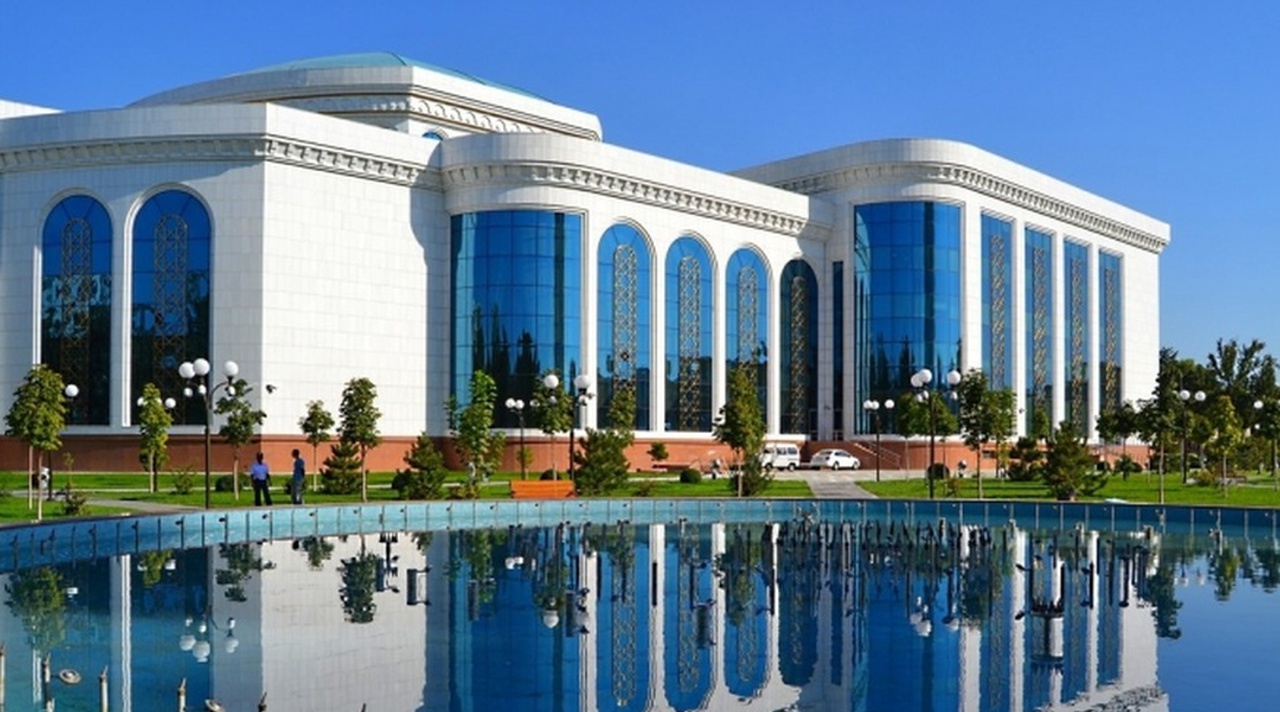
The number of people borrowing books from Qatar’s public libraries has fallen by more than a fifth in two years, while the nation’s movie-going audience appears to be growing stronger than ever, according to official figures.
Despite Qatar’s ongoing population boom, the total number of books checked out of the seven state-run libraries in the country dropped 30 percent between 2011 and 2013 (from 61,888 to 43,090).
The number of borrowers using the facilities also fell by 22 percent over the same period, statistics from the Ministry of Development, Planning and Statistics‘ 29th edition of Qatar in Figures show.
Meanwhile, the country’s cinema audience has increased from 1.59 million people in 2011 to 2.43 million in 2013, up 41 percent in just two years. This is almost twice the growth of Qatar’s population, which was up nearly 20 percent over the same period.
And it is despite a decline in the number of cinema screens (down from 38 to 31 over the two years) and fewer movies, particularly Arabic-language films.
According to the report, there were 140 Arabic and 1,140 foreign movies in 2011, while by 2013 this had fallen to just 51 Arabic and 817 foreign movies.
The report does not explore any reasons for the trends. However, the drop in library use could in part be due to a lack of publicity for and awareness of the existence of the facilities.
Reading heritage
In fact, Doha is home to what was the Gulf region’s first national library, Dar Al Khuttub, which opened in 1962.
Situated in the old downtown, in an area currently undergoing extensive redevelopment, the site will be replaced with a new purpose-built Qatar National Library in Education City designed by architect Rem Koolhaas.
The new facility was due to open by the end of last year, but is still under construction. Once complete, it will serve academic researchers and the general public with 1.2 million books, 500 e-books and a children’s section, among other features.
Although there are several stores selling reading material in Doha, bookworms here often bemoan a lack of stock, with most focusing on populist titles.
Meanwhile, booksellers say they struggle with Qatar’s opaque censorship rules, sometimes finding difficulties getting imported books approved by the Ministry of Culture.
Last year, a book set in Qatar and written by a Doha resident was banned by the government from being sold here, without any reason given.
Author Mohana Rajakumar was told by her distributor that her novel Love Comes Later was rejected by the Ministry of Culture.
While Qatar has not historically had a strong culture of reading, several grass-roots initiatives have sprung up in recent years in a bid to get more people picking up a book.
A free, used book library was launched at Katara Cultural Village at the end of October last year, relying on donations from members of the public.
The mini-library of English and Arabic titles focuses on educational books, although it also has some fiction and operates from Katara esplanade during weekends until April this year.
A book club was set up last year by a Qatari-French couple, with the aim of encouraging more locals and expats to read as well as also breaking down cultural and social barriers.
While the annual Doha International Book Fair is usually a good chance to pick up new titles, more and more residents use e-readers to access their reading material, particularly if the book in unavailable in Qatar in its printed form.
Cinema troubles
Meanwhile, despite increasing demand for affordable cinema seats from Qatar’s burgeoning, low-income population, two of its most popular movie theaters have recently shut their doors.
Gulf Cinema, Qatar’s oldest standalone movie theater, closed its doors on C-Ring Road without notice early in 2013. In the summer of last year, Ali Ishaq Hussain al-Ishaq – the CEO of Qatar Cinema and Film Distribution Co. – voiced hopes that the theater would be refurbished and opened “within months.” However, it remains shut.
West End Park Cinema in Qatar’s Industrial Area is also currently closed, despite having only opened its doors for the first time a year ago.
The complex, which is geared towards the country’s South Asian population, had two screens with a capacity of 500. However it shut abruptly earlier last month, following a change in management.
While the closure is expected to be temporary while new paperwork is drawn up, no date has yet been given for its reopening.
Thoughts?









